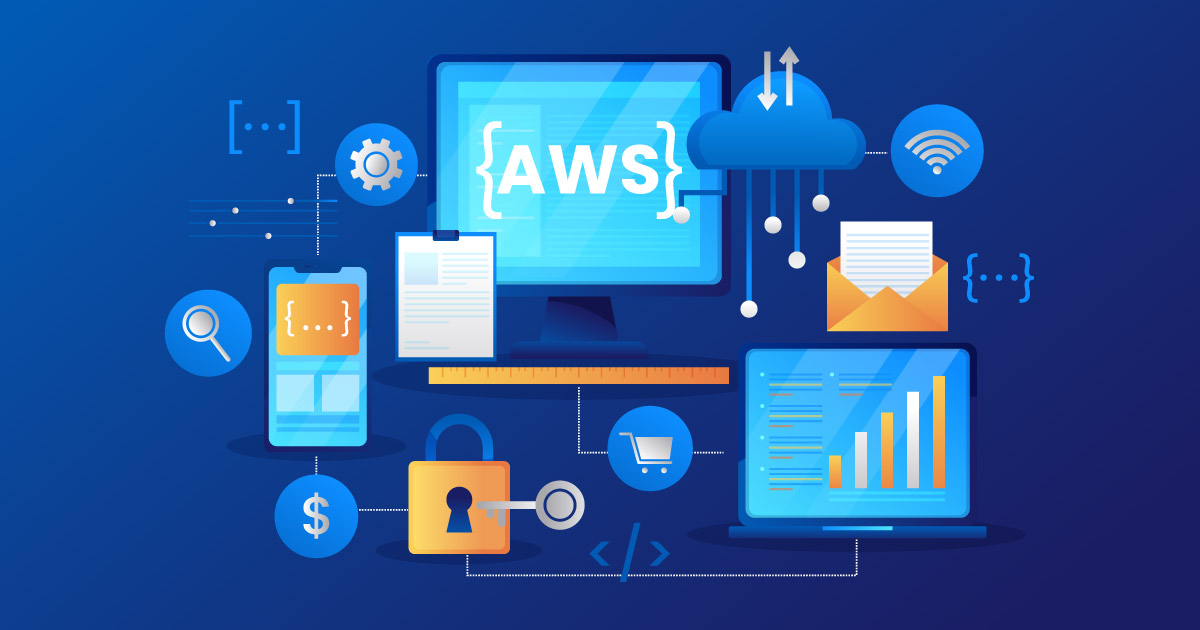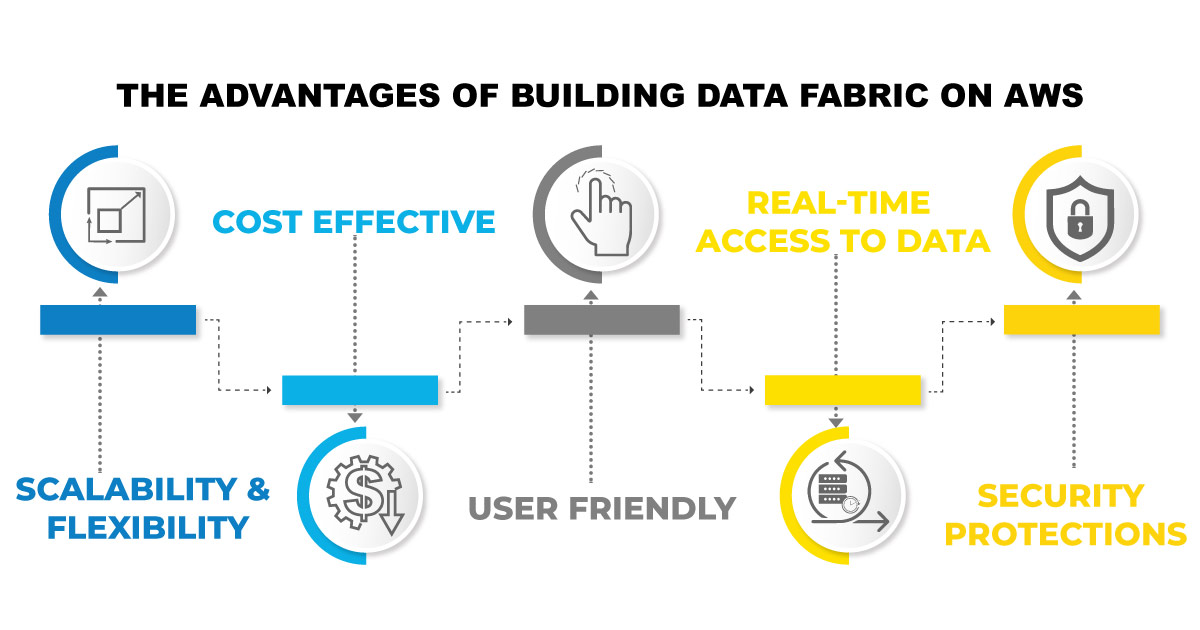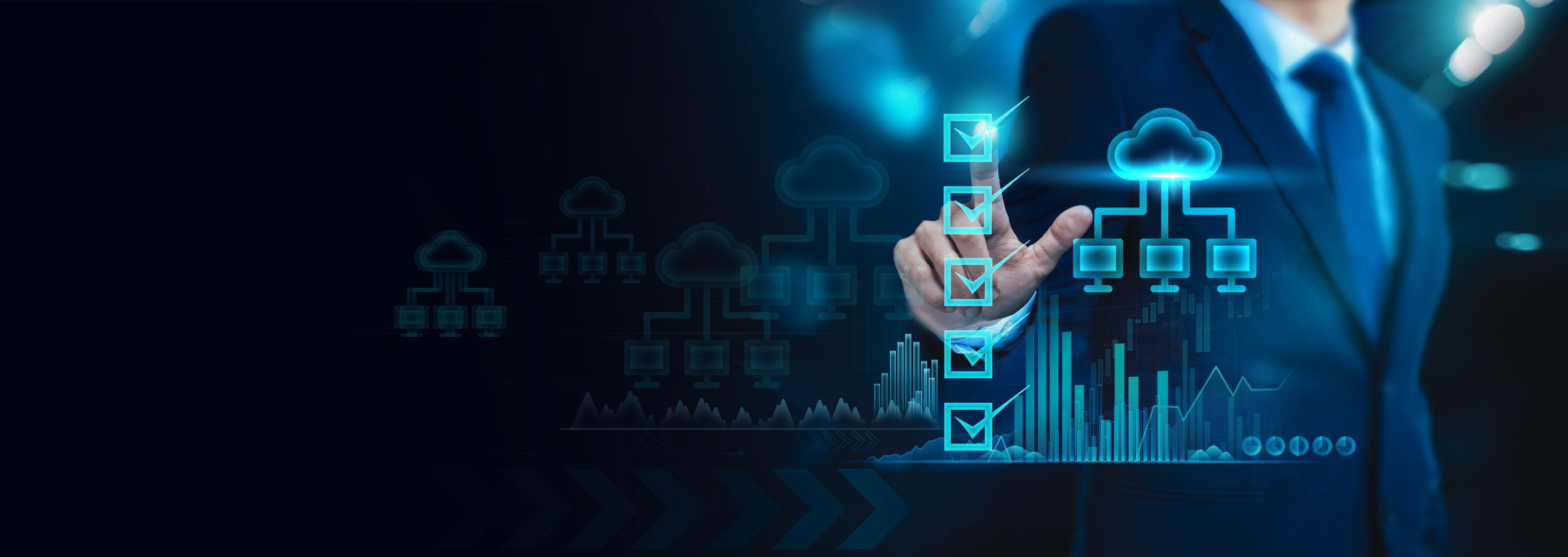Data is the holy grail that empowers businesses with the ability to embrace change and enhance growth. As businesses grow, data gathered from various functions and sources grows, and navigating such huge data architectures slowly become daunting for an enterprise.
Data fabric is a single and consistent data management structure that helps businesses solve complex data issues with its flexibility, adaptiveness, and security features. It can be implemented on-premises, public and private clouds, and IoT devices with a centralised governance unit. If data fabric infrastructure is implemented, businesses will no longer required to struggle with disparate, disconnected infrastructure and data silos.
A data fabric is built using a rich set of data management capabilities leveraging both human and machine power to consolidate data from integrated environments.
It continuously identifies and integrates data from disconnected applications to discover insightful, business-relevant relationships between available data points. Further, it can also handle the repair of failed data integration jobs and auto-profiling of datasets.
According to Fortune Business Insights, the global data fabric market is projected to grow from $1.71 billion in 2022 to $6.97 billion by 2029, recording a CAGR of 22.3%.

The Components of Data Fabric
- Data Processing for clear and analytics-ready data. This is done by curating and transforming data for BI and AI.
- Data Orchestration for a unified view of the data pipeline. This is accomplished by systematically coordinating data flows.
- Data Ingestion consumes all data spread across databases, cloud source applications, and data streams.
- Data Governance finally centralizes the entire data governance process of the business. It also helps manage metadata locally and in compliance with corporate policies.
Why is Data Fabric Important?
Every enterprise is looking for ways to increase the pace of its digital transformation journey. Hence the proportionate increase in data products to handle complex business demands. To ensure that these data applications function efficiently, there needs to be data integration and uniform data access from various sources. Data fabric helps businesses in accessing comprehensive data in real time, helping stakeholders visualize it from wherever users are located. Data fabric simplifies data governance and management in multi-cloud data landscape also.
The Advantages of Data Fabric
- Removes data silos.
- Takes away the use of multiple tools and provides access to accurate data.
- Helps scale and handle larger volumes of data and data sources.
- Quickens the process of migration between data environments without leaning on legacy solutions or infrastructure.
- Eases up the process of adding new data sources to the data fabric without any disruption.
Data fabric places a critical role in the digital transformation strategy of businesses. Machine data fabric helps make sense of complex unstructured data required to make better decisions that are critical to digital transformation. It extends real-time access to data on demand. Insights can be obtained as and when needed. This way organizations can quickly respond to changes in the market. It secures business data and ensures that the data is compliant with regulatory requirements.
Data fabric can handle large scale data effectively and frees up bandwidth for businesses to focus on growth. Data integration is easy with data fabric helping businesses in obtaining a realistic picture of the digital transformation journey. It can reduce costs by optimizing data volumes and providing transparency and control before data consumption.
Gemini Consulting & Services can help enterprises to build an ideal data fabric architecture with its team of highly trained professionals and technological expertise. Contact us understand how AWS/Talend can help your business further on this.
AWS and Talend
AWS provides scalable and cost-effective cloud computing solutions commonly used for storage and backup for enterprise and websites. It can support applications using its evolved architecture. (AWS) Amazon Web Services marketplace is an online store enabled by qualified partners to help users buy and use software applications that are powered by AWS.

Talend Data Fabric is an AWS partner. It is a cloud-based data integration platform that helps organizations across domains to collect, manage and transform business data. The platform combines data integrity, integration, and governance into a uniform platform to enable IT teams to enhance real-time access to clean data stored in secure firewalls, data centers, or external cloud environments. It allows integration and protects communication with AWS private link, Amazon Virtual Private Cloud, and Talend Cloud thus eliminating the use of public internet and avoiding risks of exposure.
By lending the support of AWS Private Link, Talend paves way for organizations to adopt or expand their use cases by choosing their hybrid or SaaS model while ensuring that data meets strict security and regulatory compliance in the businesses.
In the unique hybrid architecture offered by Talend, runtime (Talend Remote Engine) can be deployed on-premise or on the customer’s VPC instance, closest to where data resides.
Further, with the support of AWS Private Link, Talend Remote Engine can pair with the control plane without the necessity to open a public internet-facing outbound port and connections.
A security layer such as Talend Data Fabric over AWS Private Link helps businesses to accelerate their digital transformation while keeping a high level of security. With Talend and AWS, organizations don’t have to make any compromise between data protection and delivering trusted business outcomes anymore.
Data fabric actively helps businesses obtain the most out of the applications in use. For instance, if accounting data is stored in one system, and that system is only accessible from a certain location or by a specific user, it becomes nearly impossible for this data to play a role in the planning and decision-making processes.



